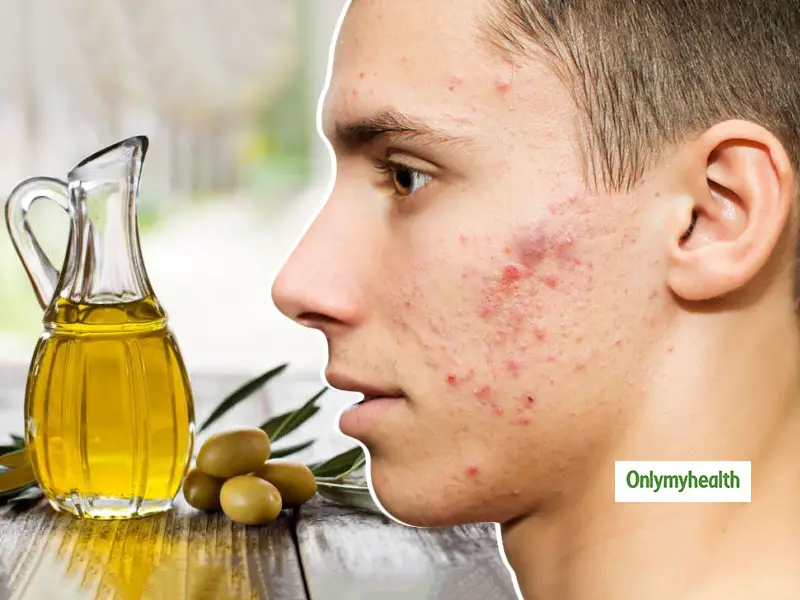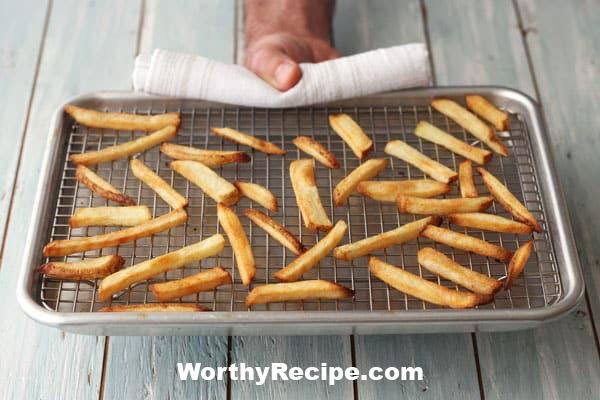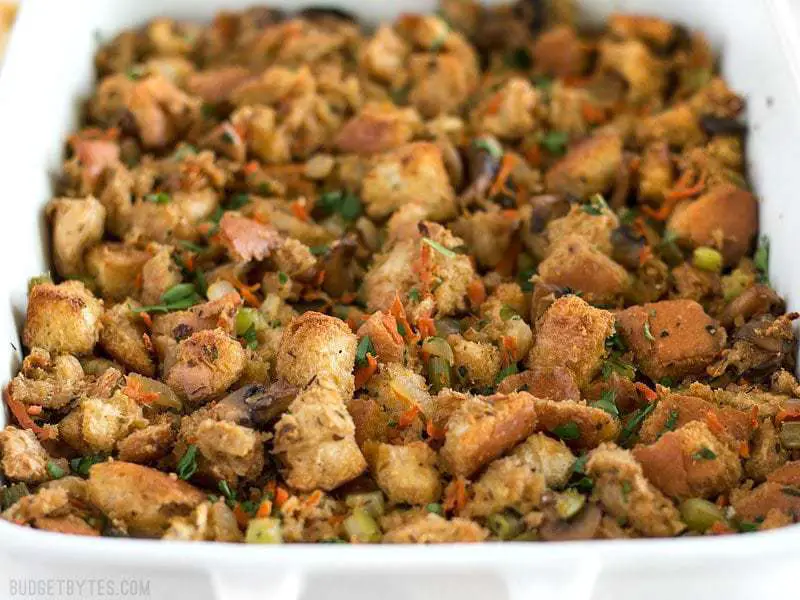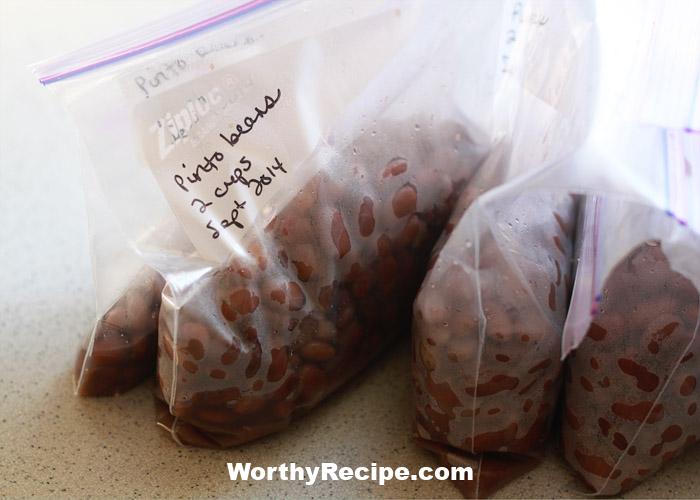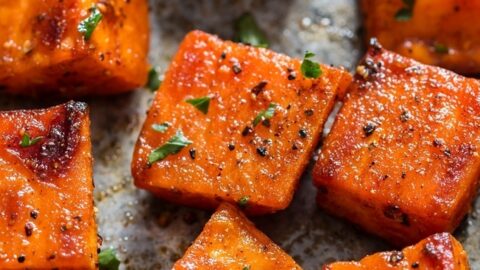Are Baking Soda and Olive Oil Good for Your Face?
Baking soda and olive oil are two common household ingredients that have gained popularity in recent years as facial treatments. Both ingredients have been praised for their ability to cleanse, exfoliate, moisturize, and rejuvenate the skin. But are baking soda and olive oil really good for your face? In this article, we will explore the benefits and drawbacks of using baking soda and olive oil on your face, as well as provide alternative natural facial treatments.
Baking Soda for Your Face
Baking soda is a mild abrasive that is commonly used as a cleaning agent in the kitchen. However, it also has many benefits when used on the skin.
How Baking Soda Works as a Facial Cleanser and Exfoliator
Baking soda acts as a gentle exfoliator by removing dead skin cells that can clog pores and cause acne. It also helps to regulate the skin’s pH balance, which is important for maintaining healthy skin. The slightly alkaline nature of baking soda helps to neutralize acidic compounds that can be harmful to the skin.
Benefits of Using Baking Soda on Your Face
- Removes dead skin cells: Baking soda’s abrasive texture gently removes dead skin cells from the surface of the skin.
- Regulates pH balance: By helping to regulate the skin’s pH balance, baking soda can prevent breakouts and promote healthy-looking skin.
- Can treat acne and breakouts: Baking soda’s antibacterial properties can help to reduce inflammation and clear up acne and breakouts.
- Brightens complexion: Baking soda can help to brighten dull or discolored skin by gently scrubbing away dead skin cells and revealing new, fresh skin underneath.
Potential Drawbacks of Using Baking Soda
While baking soda can be a great facial treatment for many people, it may not be suitable for everyone. Some potential drawbacks of using baking soda on your face are:
- Can be harsh on sensitive skin: Baking soda’s abrasive texture may be too harsh for people with sensitive skin, leading to dryness or irritation.
- Can cause dryness or irritation if used too frequently or in excessive amounts: Too much baking soda can strip the skin of its natural oils, leading to dryness, flakiness, or increased sensitivity.
Olive Oil for Your Face
Olive oil is a popular cooking ingredient that has also been used as a moisturizer and anti-aging treatment for centuries.
How Olive Oil Is Used as a Facial Moisturizer and Anti-Aging Treatment
Olive oil is a natural emollient that helps to soothe and soften the skin. It is rich in antioxidants that protect against environmental damage and promote healthy skin. Olive oil also contains vitamins A and E, which can help to reduce the signs of aging such as fine lines and wrinkles.
Benefits of Using Olive Oil on Your Face
- Contains antioxidants that protect against environmental damage: The antioxidants in olive oil can help to neutralize free radicals that damage the skin over time.
- Helps to retain moisture in the skin: Olive oil is a natural emollient that helps to soothe and soften the skin by retaining moisture.
- Can reduce signs of aging such as fine lines and wrinkles: The vitamins A and E in olive oil can help to reduce the appearance of fine lines and wrinkles caused by environmental damage.
- Soothes and softens skin: Olive oil is a natural emollient that can help to soothe and soften the skin, leaving it feeling smooth and revitalized.
Potential Drawbacks of Using Olive Oil
While olive oil can be a great facial treatment for many people, it may not be suitable for everyone. Some potential drawbacks of using olive oil on your face are:
- May not be suitable for people with oily or acne-prone skin: Olive oil can be too heavy for people with oily or acne-prone skin, leading to clogged pores and breakouts.
- Can clog pores if not used correctly: If not applied correctly, olive oil can clog pores and cause breakouts, so it’s important to use it sparingly.
Using Baking Soda and Olive Oil Together on Your Face
A popular trend in facial treatments involves combining baking soda and olive oil together to create a gentle exfoliating scrub that also moisturizes the skin.
How to Combine Baking Soda and Olive Oil for Use on Your Face
To make a baking soda and olive oil facial scrub:
- Mix equal parts of baking soda and olive oil in a small bowl until a paste forms.
- Gently massage the mixture onto your face using circular motions.
- Rinse with warm water and pat your face dry with a clean towel.
Benefits of Combining Baking Soda and Olive Oil on Your Face
- Enhances the benefits of both ingredients: By combining baking soda and olive oil together, you can enhance the gentle exfoliation of baking soda with the moisturizing properties of olive oil.
- Gentle exfoliation element from baking soda, added moisturization from olive oil: The baking soda gently exfoliates dead skin cells away, revealing new, fresh skin underneath, while the olive oil provides lasting moisture to keep your skin looking supple and vibrant.
- Leaves skin soft and glowing: The combination of baking soda and olive oil will leave your skin feeling soft and refreshed with a healthy glow.
Potential Drawbacks of Combining Baking Soda and Olive Oil on Your Face
While it’s generally safe to use baking soda and olive oil together on your face, using too much or too frequently can lead to dryness or irritation. It is recommended to use equal parts of baking soda and olive oil, and to limit usage to once or twice per week.
Safety Precautions When Using Baking Soda or Olive Oil on Your Face
Before using baking soda or olive oil on your face, it’s important to take the following safety precautions:
- The importance of patch testing before use: Apply a small amount of the mixture to a small area of your skin first to test for any adverse reactions. If there is no reaction after 24 hours, it should be safe to use on your face.
- How to properly dilute baking soda or olive oil for use on your skin: Use equal parts baking soda and olive oil when creating a facial scrub. When using olive oil as a moisturizer, use only a small amount sparingly.
- What to do if you experience adverse reactions or irritation: If you experience any adverse reactions or irritation, discontinue use immediately and consult with a dermatologist.
Alternatives to Baking Soda and Olive Oil for Your Face
If baking soda and olive oil are not your cup of tea, there are many other natural ingredients that can be used as facial treatments. Here are a few examples:
- Honey: A natural antibacterial agent that can help to reduce inflammation and soothe the skin.
- Aloe vera: A natural moisturizer that can help to soothe and cool the skin, especially after sun exposure.
- Apple cider vinegar: A natural exfoliant that can help to unclog pores and balance the skin’s pH balance.
- Tea tree oil: A natural antibacterial agent that can help to reduce inflammation and prevent breakouts.
Conclusion
Baking soda and olive oil can be great facial treatments for many people, but they may not be suitable for everyone. It’s important to patch test these ingredients before applying them to your face, and to use them sparingly to prevent dryness or irritation. If baking soda and olive oil aren’t your thing, there are many other natural ingredients that can be used as facial treatments. Ultimately, it’s up to you to decide what works best for your skin. Always consult with a dermatologist if you have specific concerns about your skin.
1. Can baking soda be used as a facial scrub?
Yes. Baking soda is an inexpensive and effective facial scrub that can help exfoliate dead skin cells and unclog pores, which makes your skin look brighter and smoother.
2. Is olive oil safe for oily or acne-prone skin?
Yes. Olive oil is a natural moisturizer that can help regulate sebum production and reduce acne by balancing the skin’s pH levels. It is also rich in antioxidants that can fight free radicals that damage the skin.
3. How often should I use baking soda and olive oil on my face?
It depends on your skin type. If you have oily or combination skin, you can use baking soda and olive oil once or twice a week to avoid over-drying your skin. If you have dry or sensitive skin, limit the use to once a week to avoid irritation or redness.
4. Are there any side effects of using baking soda and olive oil on my face?
When used in moderation, there are no significant side effects of using baking soda and olive oil on your face. However, over-exfoliating with baking soda can cause redness, dryness, or sensitivity, while excessive application of olive oil can clog pores and cause breakouts. Therefore, it is essential to follow the instructions carefully and do a patch test before applying it all over your face.
